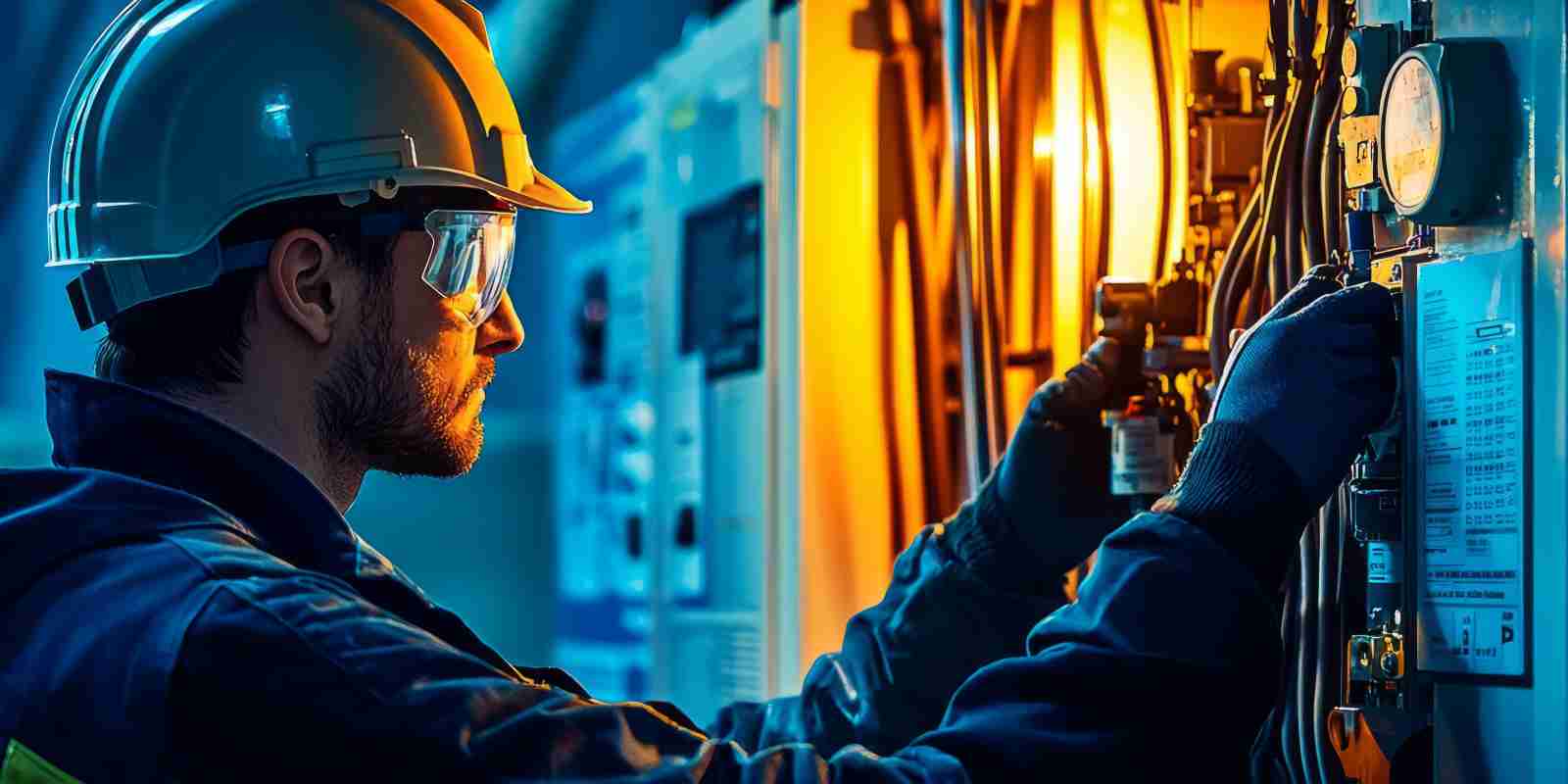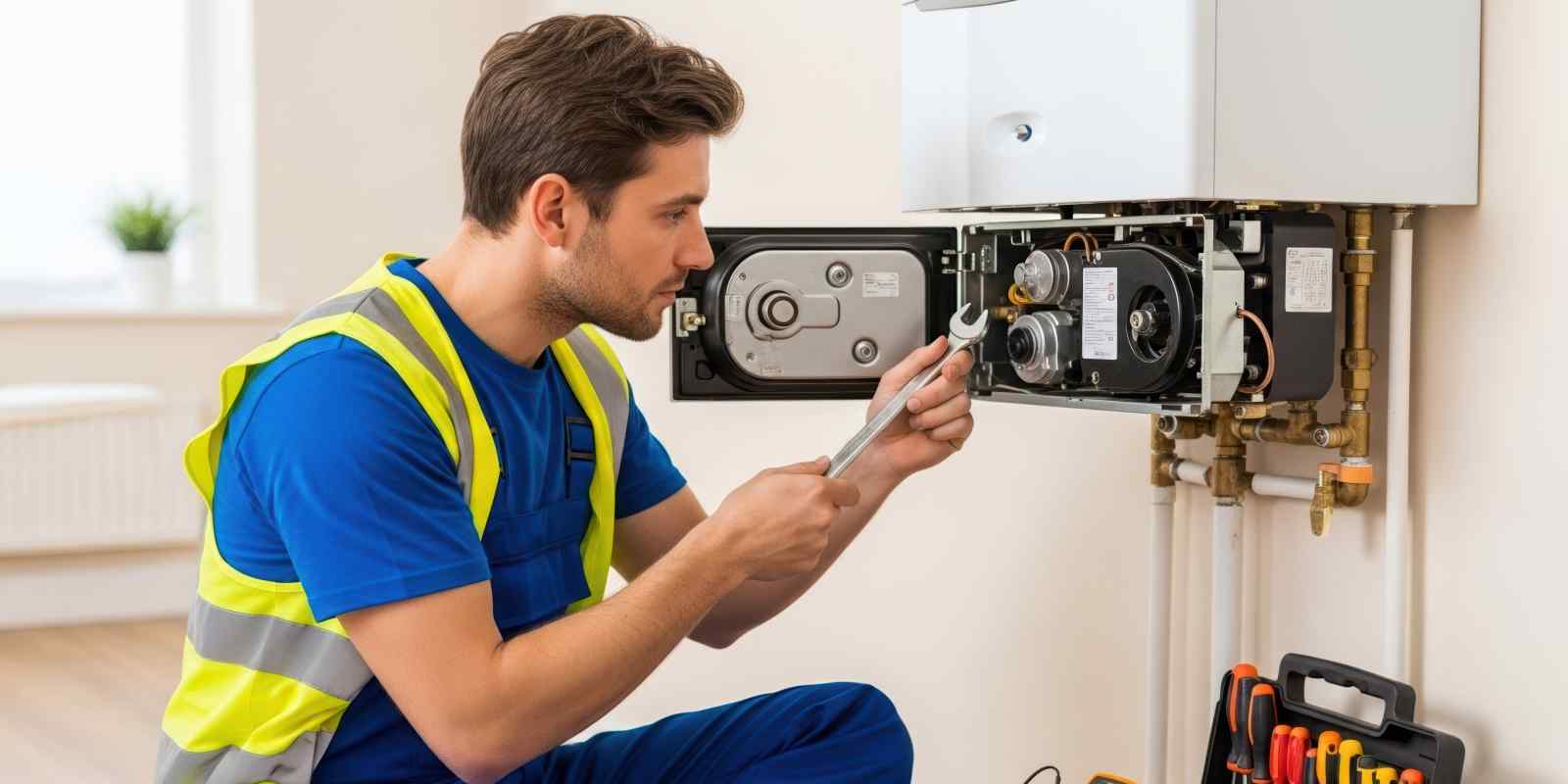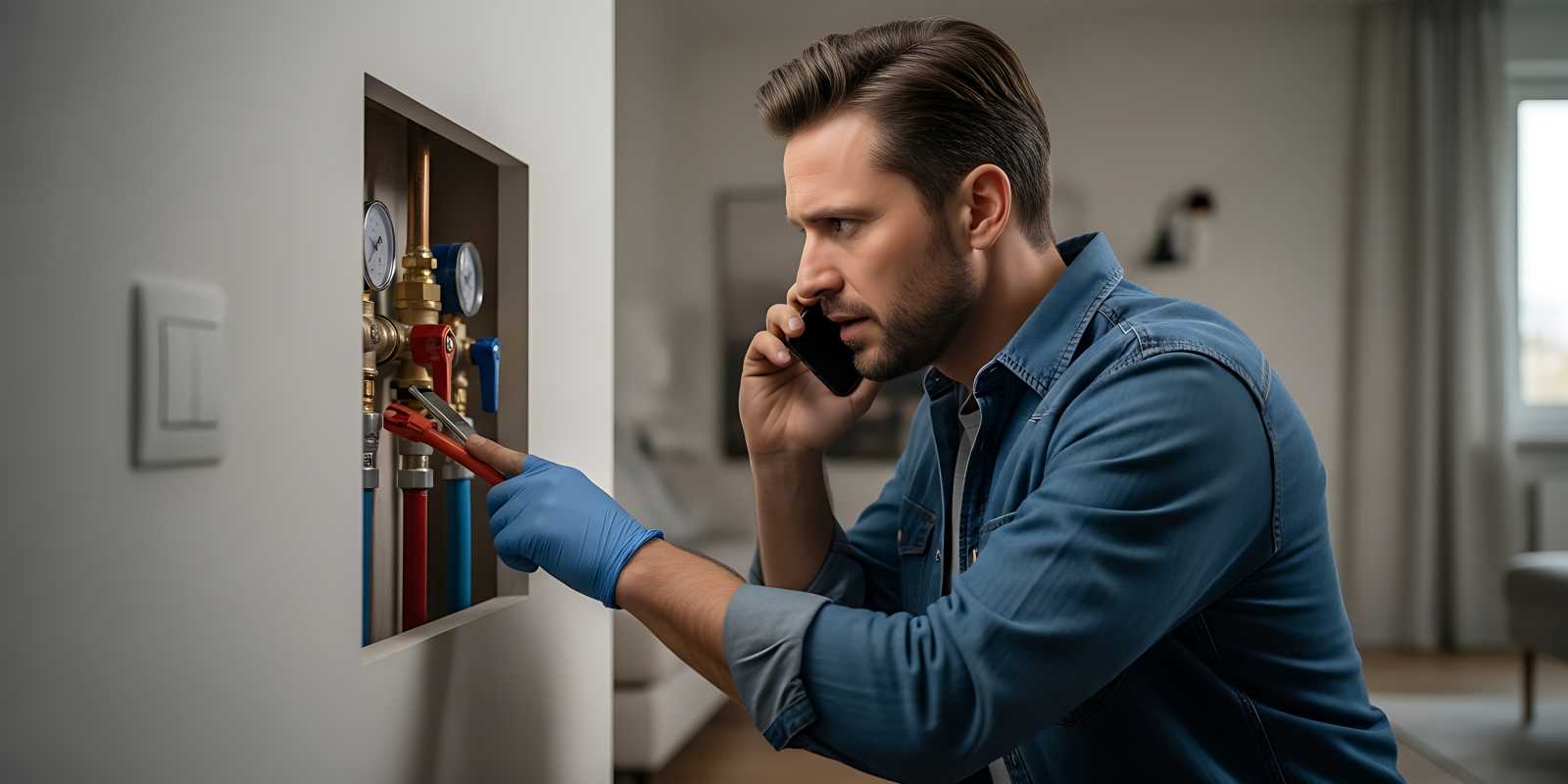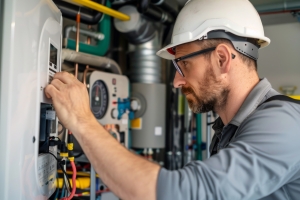
Geothermal heating and cooling is one of the smartest investments you can make for comfort and efficiency. Because the equipment stays indoors and relies on buried piping, it often feels like a set-and-forget solution.
However, even the most dependable systems benefit from a little professional attention. Routine checkups help maintain peak performance, protect your equipment from unnecessary strain, and support the long service life geothermal is known for. A few simple visits from a trained technician can make the difference between decades of smooth operation and early, expensive replacements.
If you want your geothermal system to go the distance, knowing what to maintain and why it matters is the first step to take. Let’s take a closer look at how regular service keeps everything operating smoothly and preserves the long-term value of your investment.
How Service Protects Both Parts Of a Geothermal System Working As a Team
Geothermal systems operate as two connected machines:
- The heat pump sits indoors, staying cleaner and more stable than outdoor equipment.
- The ground loop handles heat exchange with the earth and is designed to last for decades.
When service focuses on both halves, homeowners maintain efficiency and avoid strain that shortens equipment life.
Heat pumps can deliver 20 to 25 years of operation when technicians perform routine inspections on controls, heat exchangers, and refrigerant circuits. The loop field often reaches 50 years or more when fluid quality and proper flow are maintained.
Those are real figures referenced by the Department of Energy for well-maintained systems over time. Owners benefit because regular maintenance supports this long lifespan rather than allowing gradual wear to accumulate.
Protecting The Ground Loop Through Attention To Flow & Fluid
The buried loop is out of sight, which means its condition depends heavily on professional monitoring.
The fluid inside should keep heat moving efficiently, maintain stable chemistry, and avoid causing corrosion. Subtle contamination or air pockets may build up quietly, only becoming clear once the system is no longer operating at full strength.
Industry standards from IGSHPA provide guidance on ideal antifreeze concentration and the need for corrosion inhibitors. If these slip outside recommended ranges, technicians can flush and rebalance the mixture.
Testing fluid annually helps catch issues early on. NYSERDA guidance highlights how dirt, biological growth, and poor inhibitor levels can build slowly without regular service. A simple water analysis reveals when corrective treatment is needed.
Flow checks bring similar advantages. Air pockets or slow flow increase pump workload and stress components. Proper purging at installation starts the system off right. Service appointments later in the lifecycle verify pressures, temperatures, and pump performance to protect both the loop and the heat pump.
Closed & Open-Loop Systems Need Different Care
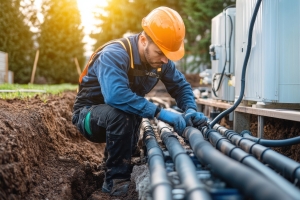
Closed-loop systems rely on sealed piping, meaning that once fluid quality is set, maintenance revolves around keeping the circuit clean and airtight.
Open-loop systems draw groundwater directly. That introduces minerals, debris, and scaling potential, which can increase maintenance needs.
Many open-loop installations use a heat exchanger to protect the indoor equipment. Strainers and filters keep flow steady, so cleaning and inspection become part of seasonal checkups.
Simple Values That Tell a Bigger Story
Technicians track loop system health through a few regularly measured data points. When these stay within expected ranges, the buried loop remains on track for a long life.
| What Technicians Check | Why It Matters for Longevity |
| Loop pressure | Detects leaks or trapped air |
| Flow rate | Maintains heat transfer efficiency |
| Entering and leaving fluid temperatures | Confirms balanced operation |
| Antifreeze concentration | Helps prevent freeze events |
Coming across a small variance doesn’t automatically signal a problem, but a trend that changes year to year indicates that attention is required. Service visits are the time when those trends get spotted.
Supporting Indoor Heat Pump Life Through Reduced Stress
Compressors succeed when temperature differences stay modest and airflow remains unobstructed.
A geothermal heat pump usually has an easier life than air-source equipment because it interacts with stable ground temperatures. Even so, wear increases when refrigerant contamination, clogged airflow, or faulty sensors push the compressor to work harder.
An eight-year study from NREL showed how a failing expansion valve introduced debris into the system and eventually threatened the compressor. To counter this, routine checks catch component wear early; refrigerant inspection and coil cleaning help the system maintain the efficient heat transfer it was designed for.
Air-side maintenance may sound familiar to anyone who has owned a traditional heat pump. Filters should stay clean, condensate drains should stay clear, and coils benefit from periodic inspection. These jobs improve comfort, reduce noise, and preserve efficiency. PNNL highlights these as standard tasks that extend the operating life of the compressor and electronics.
Preventing Freeze Problems Through Regular Verification
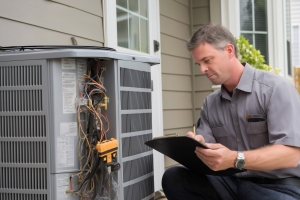
A geothermal system needs reliable circulation. A freeze event can occur if pumps stop unexpectedly or antifreeze levels drop too low during extreme conditions. The same NREL fieldwork documented a freeze event that resulted from inadequate protection and stalled circulation.
Service checks that confirm pump function and antifreeze concentration lower that risk considerably. Even though freeze events remain uncommon, their consequences can be severe without professional support.
Longer Lifespan, Better Comfort, & Lower Costs Through Simple Preventive Care
Geothermal technology is built to last, especially when technicians keep an eye on the parts that matter most.
Making small adjustments to fluid chemistry, airflow, refrigerant circuits, and loop performance helps your system run smoothly year after year. A few routine visits protect your investment, support efficiency, and keep your home or business comfortable without wasted energy or unexpected breakdowns.
A. Borrelli Mechanical has been helping Westchester County families protect their heating and cooling systems since 1981. Our trained geothermal specialists understand how to keep these advanced systems performing the way they should.
Give your geothermal system the long life it is designed for. Call A. Borelli Mechanical at (914) 301-7495 or go through our website contact form to schedule service with a dependable, family-owned team committed to your comfort.

